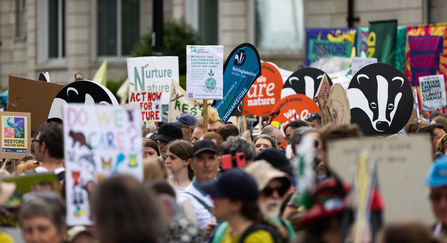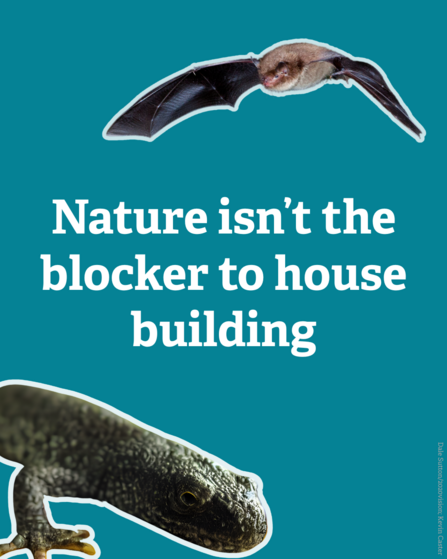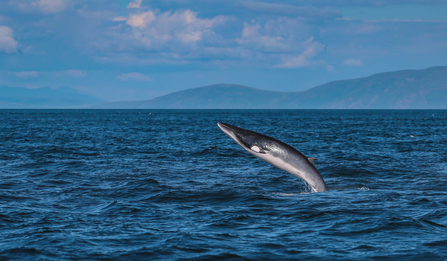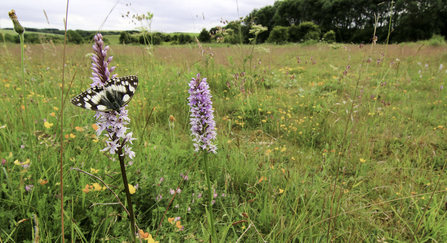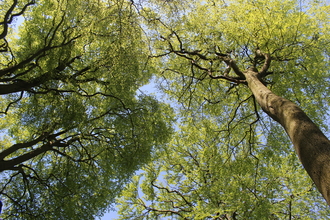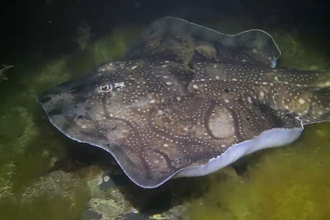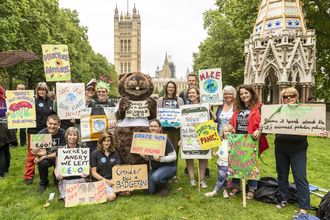A year ago, in blazing June sunshine, over 60,000 people came to Westminster to demand that the General Election lead to policies to ‘Restore Nature Now’.
The hope and optimism of that memorable day was sustained for weeks afterwards, with all the main political parties making pledges for nature and MPs elected on those platforms promising to make the new Parliament the most nature friendly yet.


